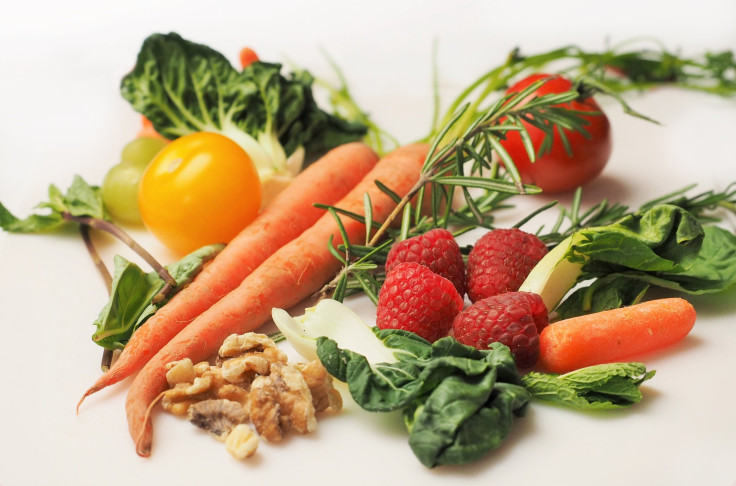Vegetarian Diet Dangers: Are Vegetarians More At Risk Of Having A Stroke?

At first glance, it seems impossible that people on vegetarian diets are actually more prone to the risk of stroke compared to meat eaters. Aren't vegetarians healthier because they eschew red and processed meat and all the dangers to the body, especially the heart, these kinds of foods present?
This conclusion is being hotly contested by both vegans and vegetarians. It’s one of the key findings in a controversial medical study published recently in the distinguished peer-reviewed medical journal, The BMJ.
The findings, which were derived from the EPIC-Oxford Study, suggest vegetarians have a higher risk of stroke but a lower risk of heart disease than people who eat meat. More specifically, the study shows vegetarians have a higher risk of hemorrhagic stroke (or bleeding into the brain). Researchers suggest this outcome might reflect low blood levels of total cholesterol or a low intake of certain vitamins such as B12.
The EPIC-Oxford Study is the Oxford component of the European Prospective Investigation into Cancer and Nutrition (EPIC). EPIC examined a cohort of 65,000 men and women living in the United Kingdom, many of whom are vegetarian. The main objective of this study was to examine how diet influences the risk of cancer, particularly for the most common types of cancer in Britain as well as other chronic diseases such as heart disease.
The study, which began in 1993, shows that fish eaters have a 13 percent and vegetarians have a 22 percent lower rate of heart disease compared to meat eaters. This is equal to 10 fewer cases of CHD in vegetarians than meat eaters per 1,000 people consuming such diets over 10 years.
On the other hand, the study also shows vegetarians have a 20 percent higher risk of stroke than meat eaters. This finding shouldn't be alarming because it's “equivalent to only three more cases of stroke per 1,000 people over 10 years."
The higher risk of stroke among vegetarians and vegans might be due to their higher intake of fruit, vegetables, legumes and nuts, and lower intakes of sodium. Meat-eaters, of course, have a high intake of protein, especially first-class animal protein that boosts energy intake.
Doctors and nutritionists have long known one of the significant health risks of a vegetarian diet is the almost complete absence of Vitamin B12, which only exists naturally in foods of animal origin.
Vitamin B12 helps produce human DNA and red blood cells, for example. Our bodies don't produce vitamin B12, so we have to get it from animal-based foods or supplements. People must have a regular intake of B12 because their bodies don't store vitamin B12 for a long time.
A person can get vitamin B12 deficiency if he subsists on a vegan diet (no animal products, including meat, milk, cheese and eggs) or is a vegetarian that doesn't eat enough eggs or dairy products to meet his vitamin B12 needs. The addition of vitamin B12-fortified foods to a diet or B12 supplements are the only solution to this B12 deficit.
Most nutritionists consider B12 a nutrient at risk in some vegetarian diets unless fortified foods and supplements are taken.
Previous studies suggested vegetarians have a lower risk of CHD than non-vegetarians, but data from large studies are limited and little has been reported on the difference in risk of stroke.
Researchers used data from the EPIC-Oxford study to explore the risks of stroke and CHD stroke in meat eaters, pescetarians (people that eat fish but not meat) and vegetarians over an 18 years period.
Led by Dr. Tammy Tong, the study included information on 48,188 people (average age 45 years) recruited between 1993-2001 with no history of CHD or stroke. Of this total, there were 24,428 meat eaters, 7,506 pescetarians, and 16,254 vegetarians and vegans.
There were 2,820 cases of CHD and 1,072 cases of stroke during the study period. This total included 519 cases of ischemic stroke (when a blood clot blocks the flow of blood and oxygen to the brain) and 300 cases of hemorrhagic stroke.



























